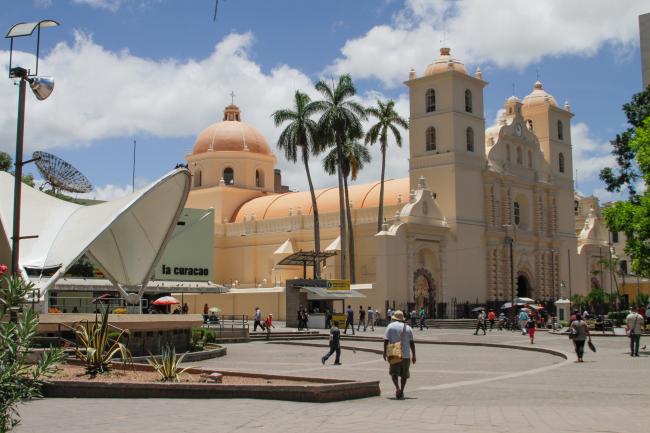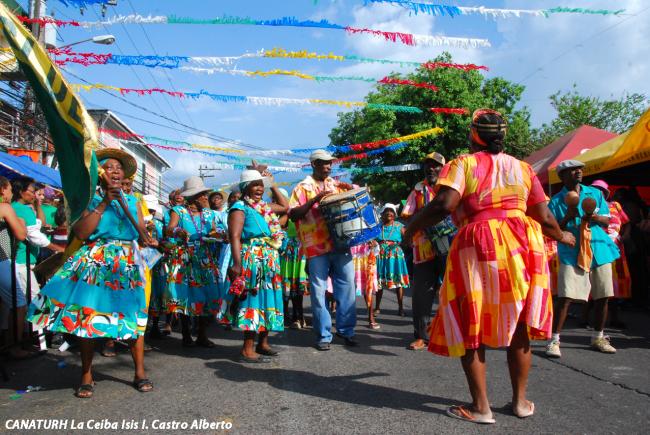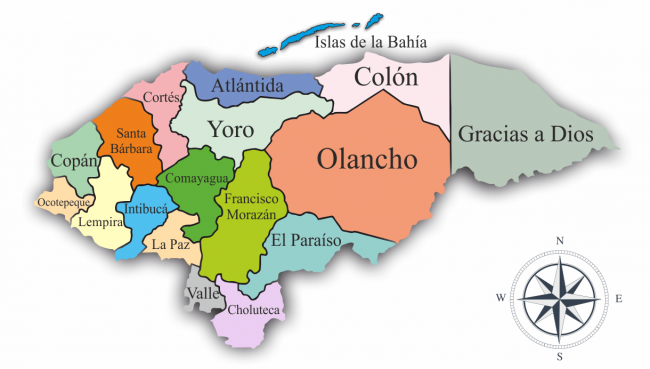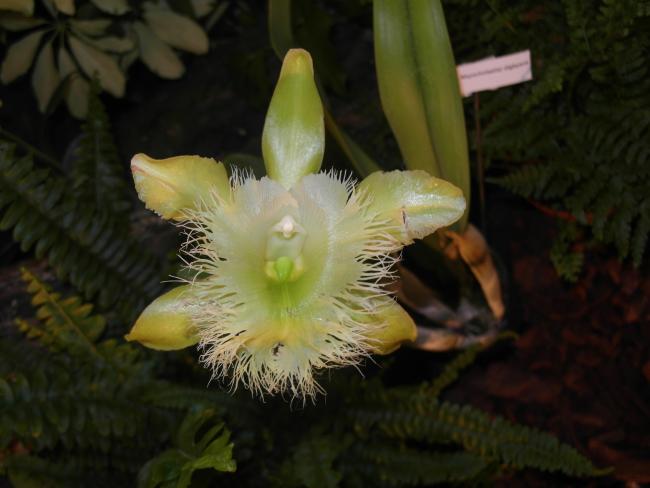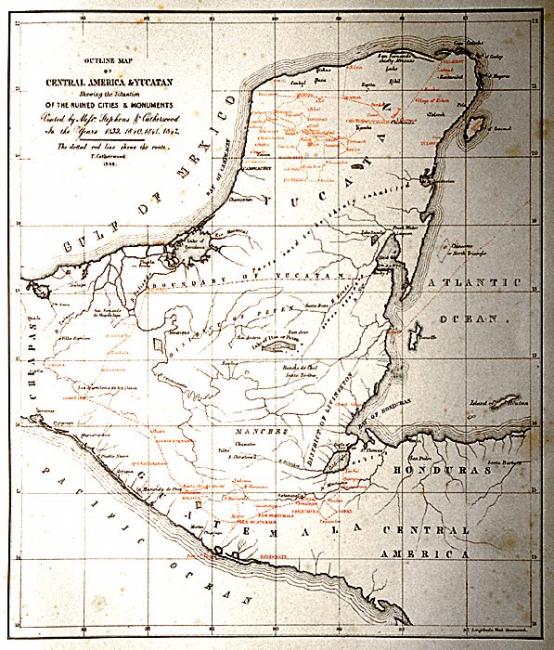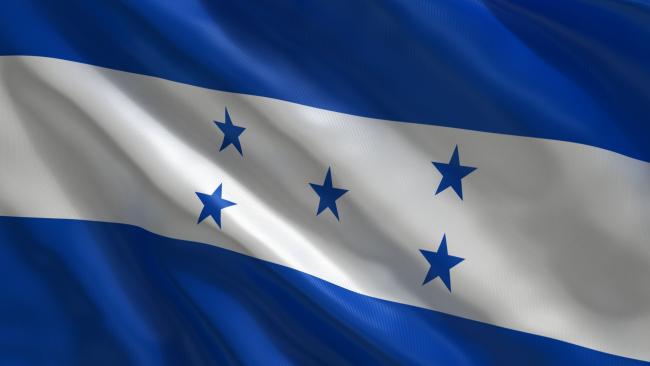INTRODUCTION
More than simply the name of a territory, Honduras is a geographical, historical, anthropological and cultural concept, since different ethnic groups speaking different languages have developed in this territory. These groups have created different cultures, yet they are all united by a similar conception of the world and life which has led them to identifying with each other in many aspects, whether economic, political or social, or in multiple cultural creations.
In the long process of evolutionary formation of the American continent, once divided in processes measured in millions of years and separated by thousands of kilometers from the original continent called "Pangea", the portion of land known today as Central America and therefore the Honduran territory, was the last to arise from the bottom of the seas, forming what, from the territorial point of view, we know today as "Central American isthmus ".
Honduras as a geological formation is quite young, therefore, it has some excessively porous rocks and alluvial valleys that can be eroded with great ease by any tropical storm. Proof of this was what happened 20 years ago with hurricane and tropical storm "Mitch", where geological and human factors related to climate instability, geographical, economic, emotional and cultural of the Hondurans, these factors support the ideas outlined above.
One of the most striking features of the groups settled in the present-day territory was their historical awareness, expressed in the desire to preserve the memory of the past in petroglyphs, cave paintings, codices, captured on amate paper or deerskin, in inscriptions sculpted in stone or stucco. To this end, they created various writing systems, among which is the Mayan writing of Copan, which, being the most evolved, has not been completely deciphered.
Preserving this legacy is precisely the essence of the Museum for National Identity, which offers visitors a cultural image of the ancient Honduran Indians, along with a vision of their descendants who have kept alive, in more than one sense, the ancient conception of the territory, its history, its people and its culture.
